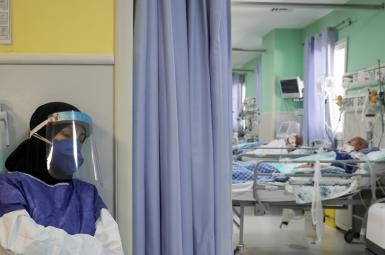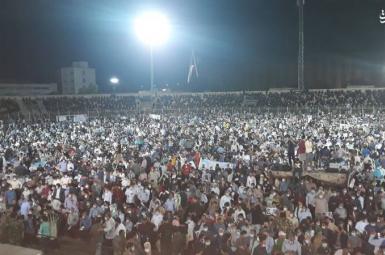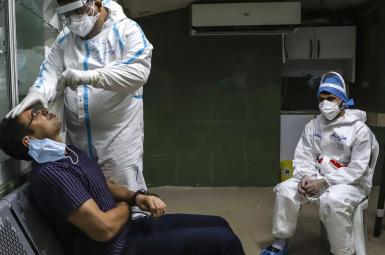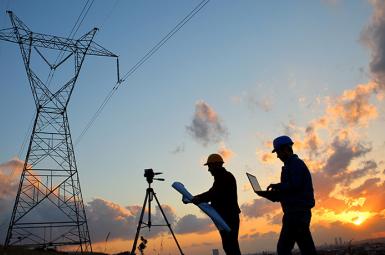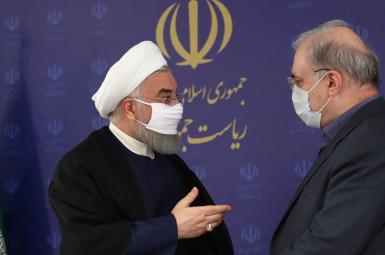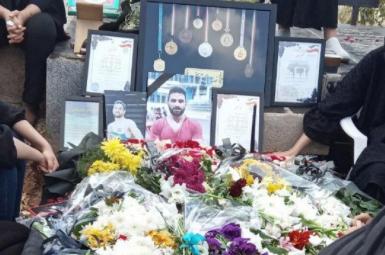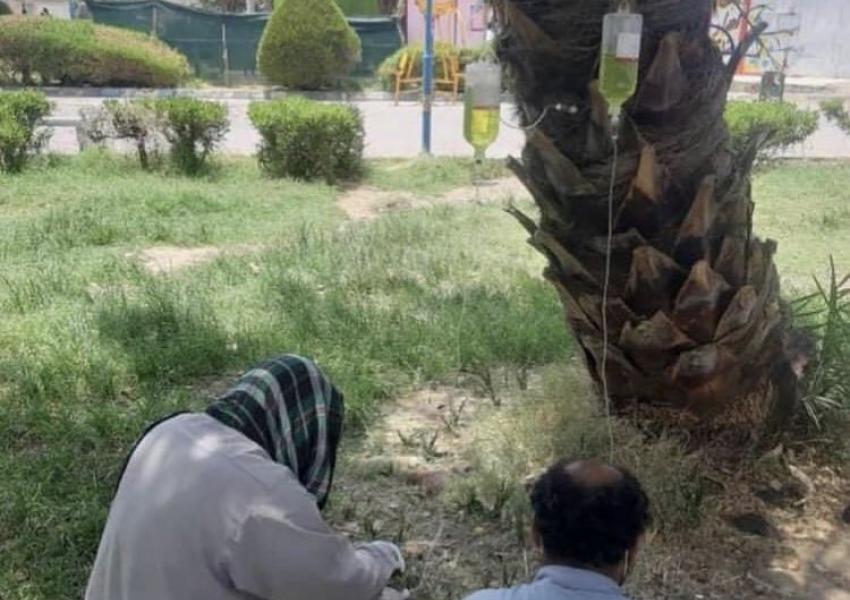
Iran Press Grill Ministers For 'Catastrophe' In Handling COVID, Electricity
Some newspapers in Iran on Tuesday lashed out at Health Minister Saeed Namaki and Energy Minister Reza Ardakanian for the country's prolonged problems in vaccination against Covid-19 and the recurrent blackouts that have led to protests in several Iranian cities.
Reformist daily Aftab Yazd pointed out on its front page that Namaki’s and Ardakanian's presence or absence makes no difference for disgruntled Iranians whose relatives die because of scarcity of vaccines, and those who are still alive are suffering from the impact of recurrent power cuts.
Meanwhile, the Tehran Municipality newspaper, Hamshahri asked tough questions about vaccination on its front page on Tuesday. Hamshahri asked: "Why Iranian vaccines promised to the people have not been produced yet? Why foreign vaccines are not imported? What happened to the projects for co-production of vaccines with other countries including Russia and Cuba?"
As regards the blackouts and power cuts that have affected everyone's life, the daily asked: "For how long the power cuts are going to continue, and can anyone do anything to resolve the crisis?"
Reformist daily Etemad criticized the health minister for calling those who are angry about recurrent and prolonged blackouts "seditionists," a term used in the Islamic Republic jargon to describe the opponents of the regime.
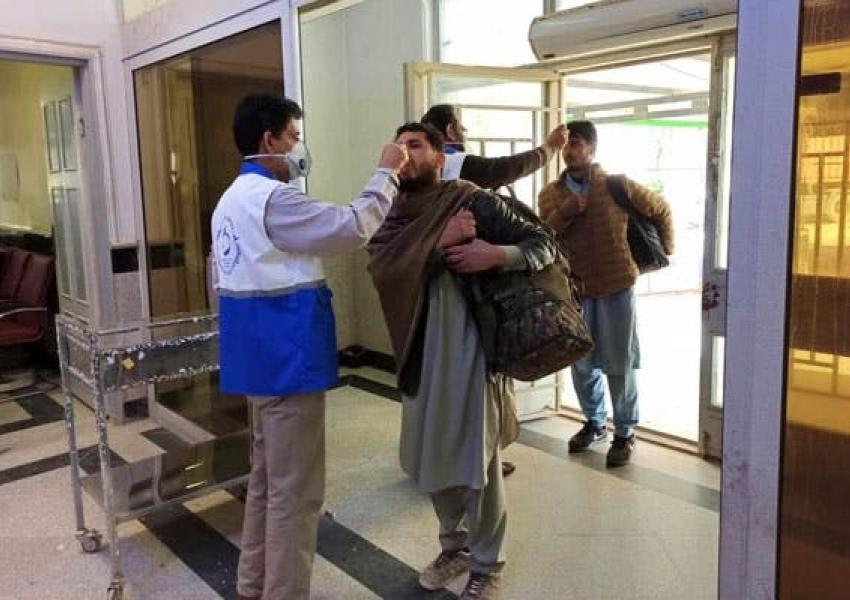
A video posted widely on social media and broadcast on foreign-based satellite televisions, including Iran International, shows an angry woman in Gorgan in northern Iran who shouts at "the government that cannot supply power and water to the nation but can impose compulsory hijab on women."
Meanwhile, proreform daily Arman charged in its front page that "Mr. Namaki! You are responsible for the catastrophe in Sistan and Baluchestan." People affected by the pandemic in the south-eastern province have been traveling to the neighboring provinces or to neighboring Pakistan as the few hospitals available in the province ran out of resources and have not been able to serve Covid patients. The province is also suffering from a serious shortage of water and electricity.
Arman wrote about the rising death toll in the province and said what is happening there is a "human catastrophe."
Responding to reports about medical shortages, Namaki claimed that there are still 300 to 400 hospital beds available in the province. Even if the claim is true, he did not say what these beds are good for when hospitals have no medicine and equipment. Instead, he accused the people of being seditionist and the media of portraying a disparaging image of the situation.
Iranians on social media responded to Namaki's claim by posting pictures of COVID patients in the provincial capital city Zahedan sitting on the dust with infusion bottles hanging from a tree connected to their arms.
Provincial lawmakers Esmail Hossein Zehi, and Fada Hossein Maleki, have told Arman daily that the situation in the province is "critical."
Etemad called for respect for the people and media and said what is happening at and around medical centers in the province was a clear example of mismanagement.
Meanwhile, reformist journalist Abbas Abdi likened health ministry spokesman Kianoush Jahanpour, who is also in a state of denial, to former Iraqi president Saddam Hussain's spokesman Saeed al-Sahaf who was in a state of denial until the fall of Baghdad in 2003 and claimed victory over the United States in front of TV cameras while behind his back US missiles were landing in Baghdad.
Highlighting problems because of power cuts, the people and the media reported that emergency power systems in hospitals can no longer cope with blackouts as they need at least 8 hours to re-charge after every blackout while blackouts sometimes happen within two hours of each other. The situation has rendered oxygen makers and breathing support machines in most hospitals useless.
Less than a few weeks before the end of the Rouhani administration, there is very little the media and the parliament can do to make officials accountable for multiple crisis. And top officials such as Rouhani have not been able to do much other than ordering lower ranking officials “to review the situation”. This means whatever the situation, not much can be expected from the presidential administration.
